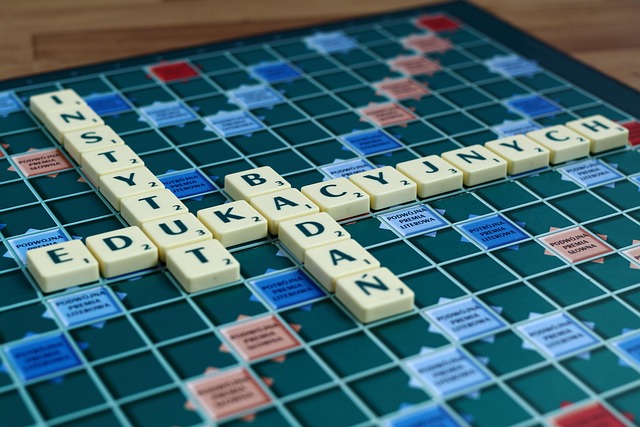Enhancing Knowledge: Exploring the Impact of Educational Games in Online Webinars
In today’s digital landscape, online education has transformed the way we acquire knowledge. As technology evolves, so does the approach to learning. One innovative trend that’s gaining momentum is the integration of educational games within online webinars. These interactive tools not only engage participants but also enhance the overall learning experience, fostering a deeper understanding of complex topics.
Imagine sitting in a virtual classroom, miles away from your peers, yet fully immersed in a dynamic learning environment. This is the magic of webinars—where experts from around the globe come together to share insights, skills, and knowledge. However, keeping participants engaged and motivated can be challenging, especially in longer sessions. This is where educational games come into play, transforming traditional learning into an enjoyable and effective journey.
Educational games are designed to stimulate learning through interactive challenges and problem-solving scenarios. By incorporating these games into webinars, educators can create a multi-faceted approach to knowledge building. Participants become active learners, not just passive recipients of information. For instance, think about a webinar focused on environmental science: instead of simply lecturing about climate change, a facilitator might incorporate a game where attendees work in teams to create solutions for real-world problems. This not only promotes collaboration but also helps reinforce the concepts discussed.
The benefits are manifold. First and foremost, educational games can significantly increase retention rates. Studies have shown that people tend to remember information better when they are actively involved in the learning process. The excitement of a game can reignite curiosity and a passion for learning, which can sometimes be lost in standard lecture formats.
Moreover, incorporating educational games can cater to diverse learning styles. Visual learners, auditory learners, and kinesthetic learners all have the opportunity to thrive as they engage with various game formats—be it quizzes, simulations, or role-playing scenarios. This inclusivity ensures that everyone, regardless of their primary learning style, can build knowledge effectively.
Furthermore, games naturally encourage friendly competition and teamwork. This social aspect can foster connections among participants, creating a sense of community that is often challenging to achieve in a virtual setting. As attendees collaborate to solve problems or achieve goals within a game, they build relationships that may extend beyond the webinar itself.
As we continue to navigate the evolving landscape of online education, it’s crucial for educators and facilitators to embrace innovative strategies like educational games. By doing so, they can transform the webinar experience from a simple information delivery method into an engaging and memorable journey of knowledge building. The fusion of learning and play not only enriches the educational process but also inspires lifelong learning—a gift that attendees will carry with them long after the webinar concludes.




